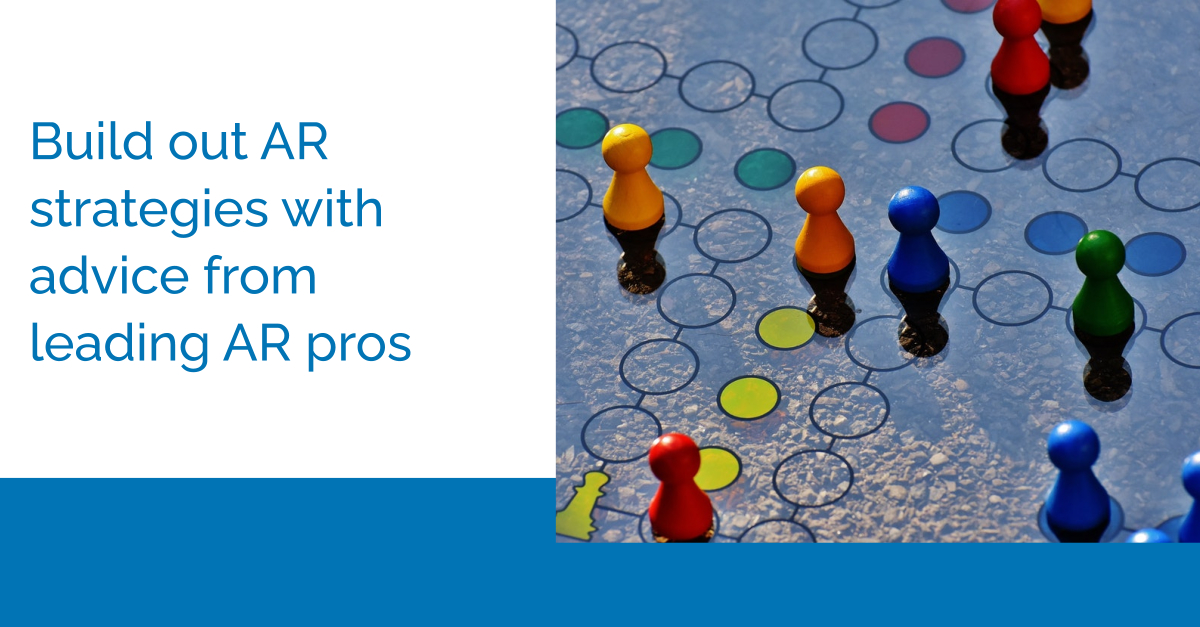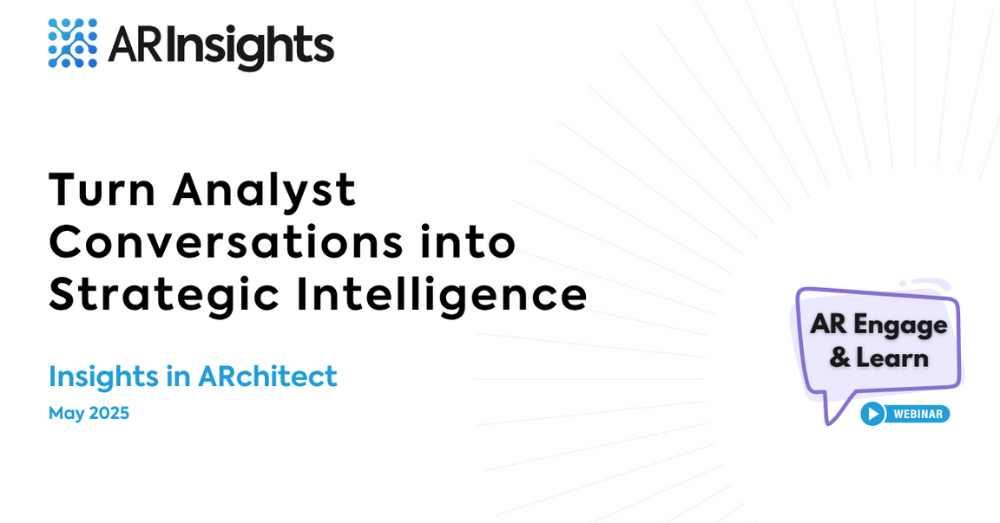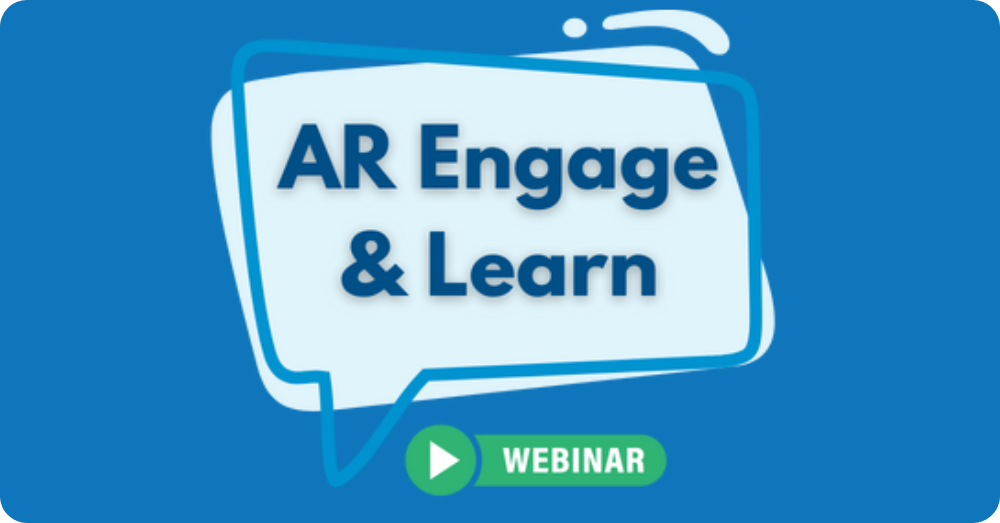Building out the analyst relations operations side of your program can drive great productivity gains. In our recent Open Session — a forum for AR professionals to meet virtually and share AR thoughts, challenges and solutions — participants discussed AR program management areas including AR councils and team organization. Another topic on AR pros’ minds: how to handle it when one of your core analysts leaves the field.
Utilizing AR Councils & Buddy Programs
Most AR programs focus on traditional meetings like inquiries and briefings. At this session, AR professionals also discussed the benefits of using AR councils and “buddy programs” to build better relationships and gather important and actionable feedback, especially before major launches and announcements. An AR council typically consists of trusted and key analysts, advisers, internal stakeholders, and members from marketing, public relations, and AR. Participants can weigh in on messaging, product functionality and roadmap, and other strategic elements. Quarterly and ad-hoc meetings make it easier for all parties to participate and give analysts a sense of voice within your organization.
Buddy programs — where AR teams build unpaid personal relationships between analysts and executives — are another way that AR teams foster stronger relationships between their company and an analyst. Starting a buddy program can be challenging, as it requires matching of personalities, but it can greatly benefit your AR program in the long run. Because of the attention given to your key analyst here, the analyst may be more likely to discuss your company and will feel more “in-the-know” and valued.
Team organization creates better processes
When you have a large team that covers many verticals, product lines and geographies, it can sometimes be difficult to organize efforts among AR teammates (and avoid stepping on toes!), as well as distribute responsibilities equitably among internal stakeholders. One AR pro at our session asked how others methodically allocate analyst relationships among AR teammates as well as internal spokespeople when there’s a wide range of overlap. One solution AR pros suggested is using analyst relations software ARchitect for record-keeping to keep your AR team better aligned and aware of relationship and outreach history. In addition, assigning relationship managers and secondary relationship managers for analysts can also help organize your efforts. Creating reports on activities across your team can also determine whether and how to adjust AR plans and efforts. Some AR pros also suggested that one key element is to find the invisible leaders within your executive teams that see the value of AR. Identifying the individuals that lean into AR can help to get the right spokesperson in front of your analysts. For larger AR teams, many have employed AR pros specifically for project management.
Reacting to Key Analyst Departures
The last major topic explored during the Open Session was a scenario that many AR pros dread: What do you do when a top, core analyst — who knows your company and its value proposition well, and who you’ve taken time to develop a meaningful relationship with — leaves their role (and the field altogether)? This seems to be happening more frequently lately across various firms; session attendees (a few of whom were recent analysts-turned-AR-pros) cited a “Great Resignation” among the analyst community.
One piece of advice when this happens: Make lemonade. Use the opportunity to meet their replacement immediately. If you can get on their docket right away (ideally as their first inquiry), it’s an excellent opportunity to start to foster a relationship and, especially if they’re new to the field, influence how they see the space. It can also be beneficial to speak to the firm’s managing vice president for that research area to ask questions about the team composition, confirm who you should be talking with and get a hierarchy map of the team. Because changes to teams can happen often (as analysts retire, change coverage areas, go to new firms, enter new fields, etc.), it’s important to know steps to take when these changes occur.
Come to our next Open Session
Interested in hearing more about topics like these? Do you have questions to pose or relevant experiences and expertise to share? We’d love to have you join our next Open Session, which we run on a quarterly basis. Plan ahead: the next one is on October 20th. Register here https://arinsights.zoom.us/meeting/register/tZcvd-qhqjouHtIMLr-b_K-dlNhYKipdsAhR; hope to see you there!




